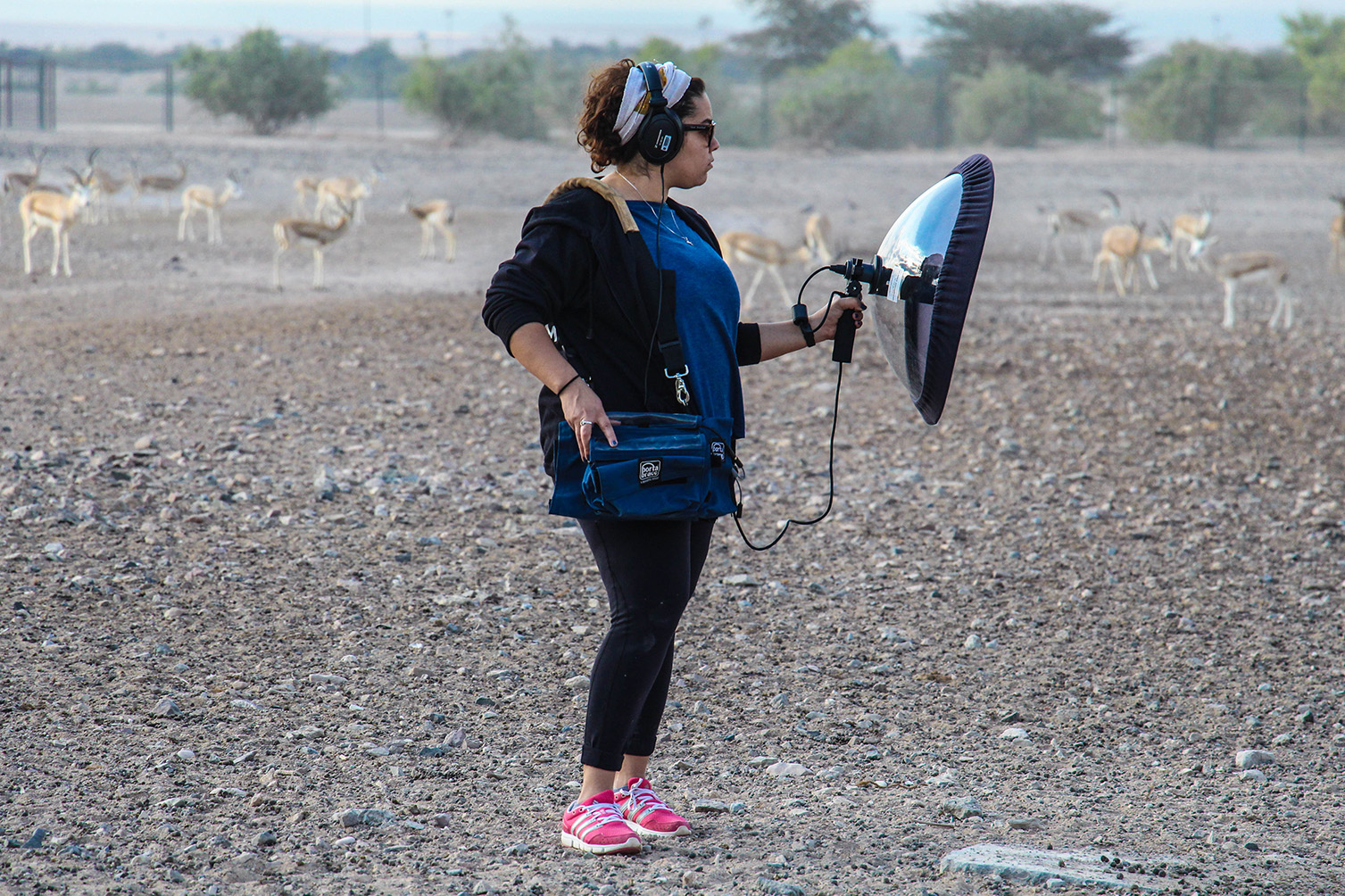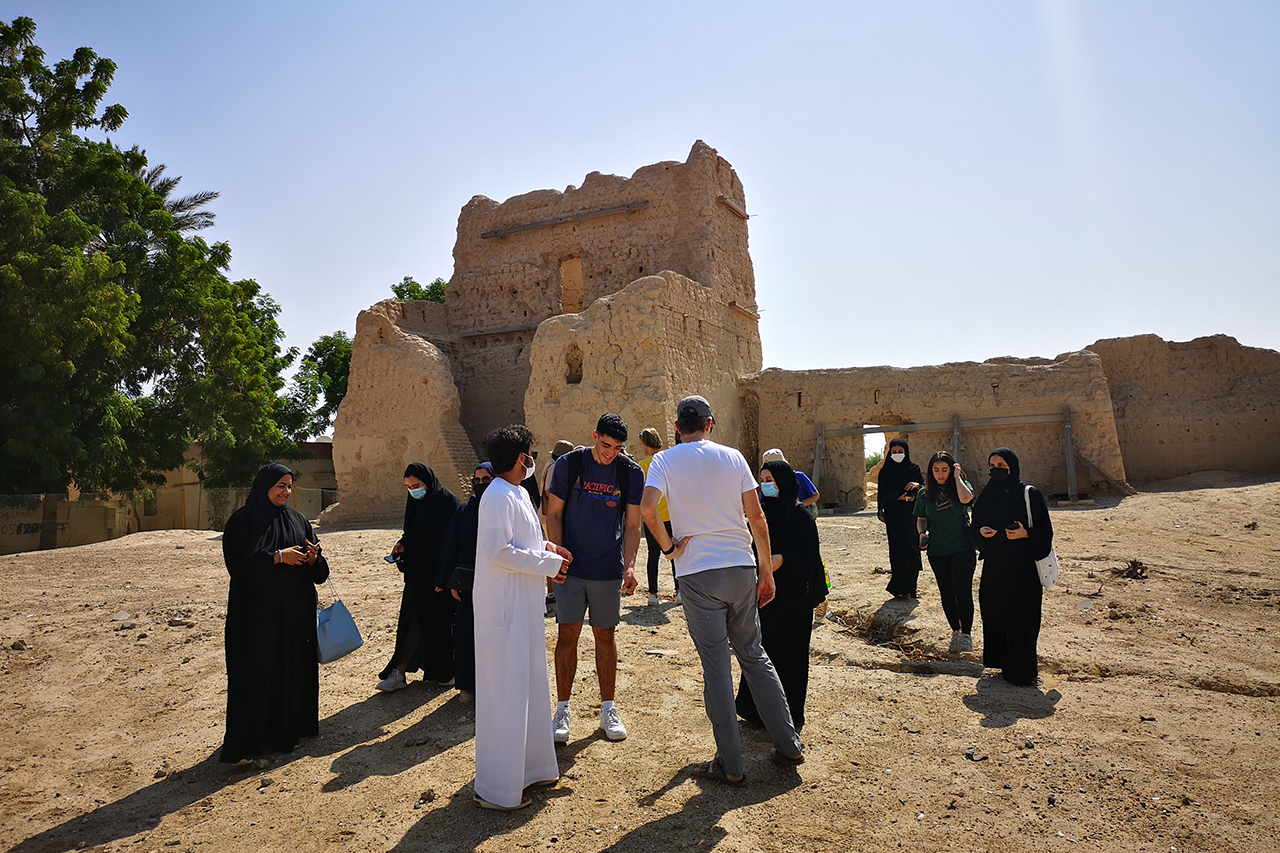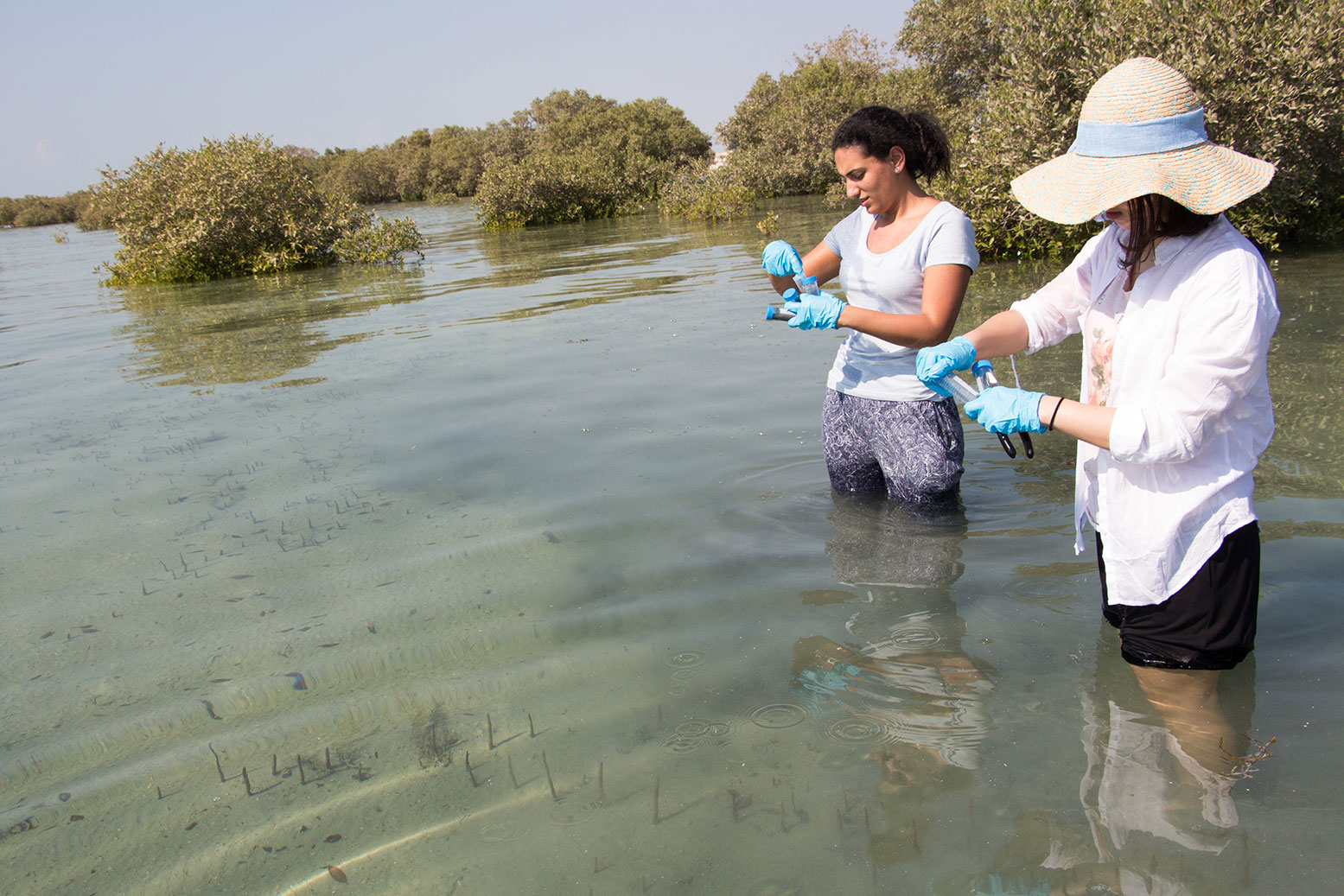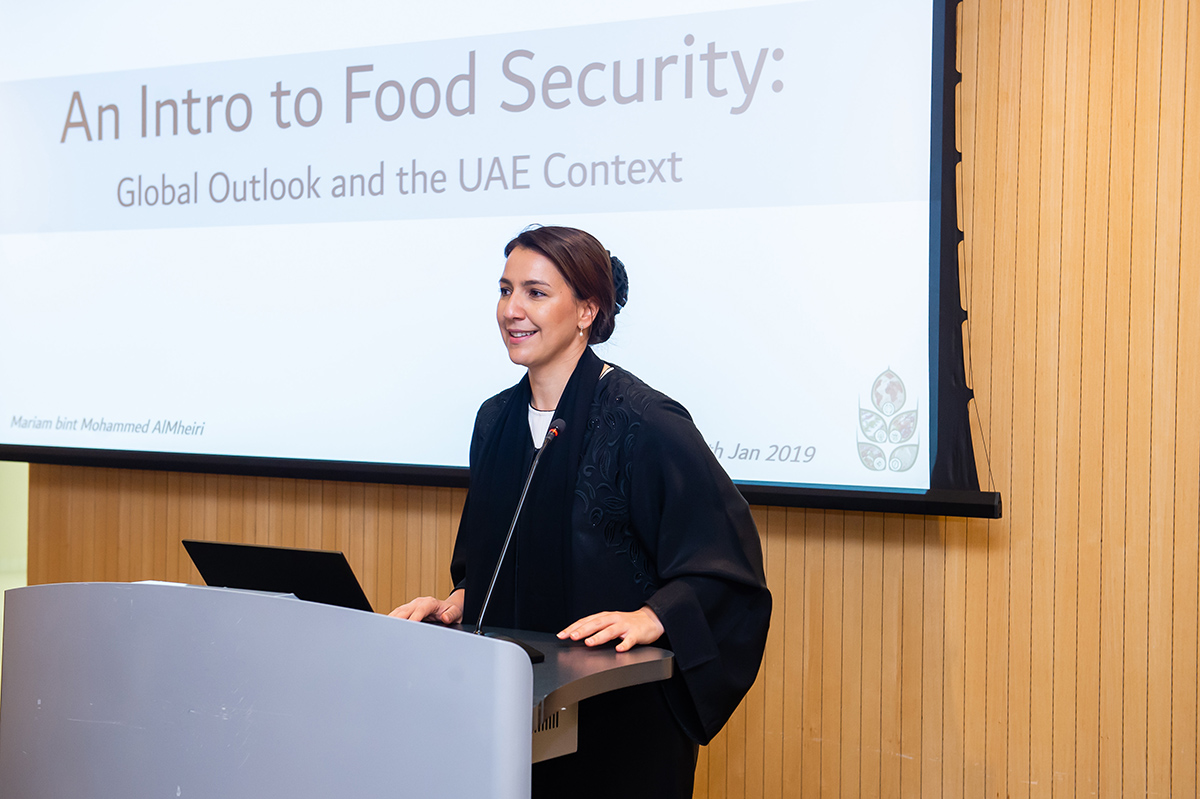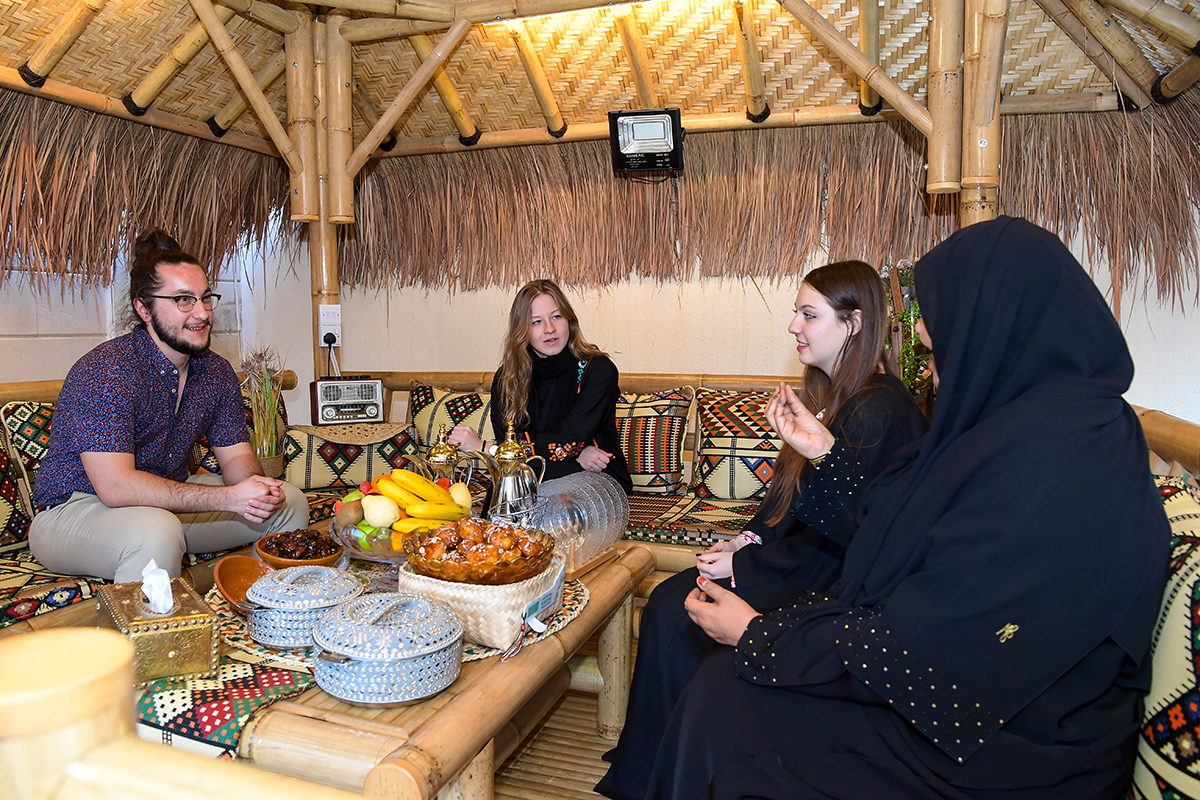Community-based Global Learning
Recognizing its civic and social responsibility as an institution of higher education, NYUAD strives to be a vibrant and dynamic contributor of knowledge, resources, and skills to the communities of which it becomes a part. It is equally committed to listening and learning from the expertise and insight of the different communities with which it engages.
With a diverse tapestry of cultures, the UAE is one of the most international countries in the world – a living representation of global cooperation and celebration. With dozens of courses taking place within various locations in the country, the local experiences serve as a curricular and pedagogical laboratory led by exceptionally talented faculty. The highly curated courses have students bring theory to practice through extensive research, field work, and artistic production in the real world. They learn to “read” the natural and human landscapes of the UAE, region, and the world as a critical text for their classes.
Courses
Engagements
Students
Watch students, faculty, and guest speakers experiences of Community-based Learning in NYUAD's J-Term program.
Field Visits in the UAE as part of Community-based Global Learning
Sir Bani Yas Island
Delma Island
Marawah Island
Saadiyat Island
Al Ain
Exciting UAE-based Learning Experiences at NYU Abu Dhabi
Arabia Felix, The Imagined Land of Happiness
In this seminar taught by William Zimmerle, students explored the idea of Arabia Felix inside Abu Dhabi, where oil has developed a prosperous cultural-heritage, religiously tolerant, ecotourism landscape.
Art Markets
While students will learn about global art patrons, Associate Professor of Art History Cheryl Finley will direct student's focus on the creation of art markets in the Middle East in the 20th and 21st Century.
A 21st Century Hub for Finance, Trade and Energy
Taught by John Deftarious, the former CNN Business emerging markets editor, this course explored aspirations to go beyond being an oil exporter to the world and augment a greater role for the broader MENA region.
